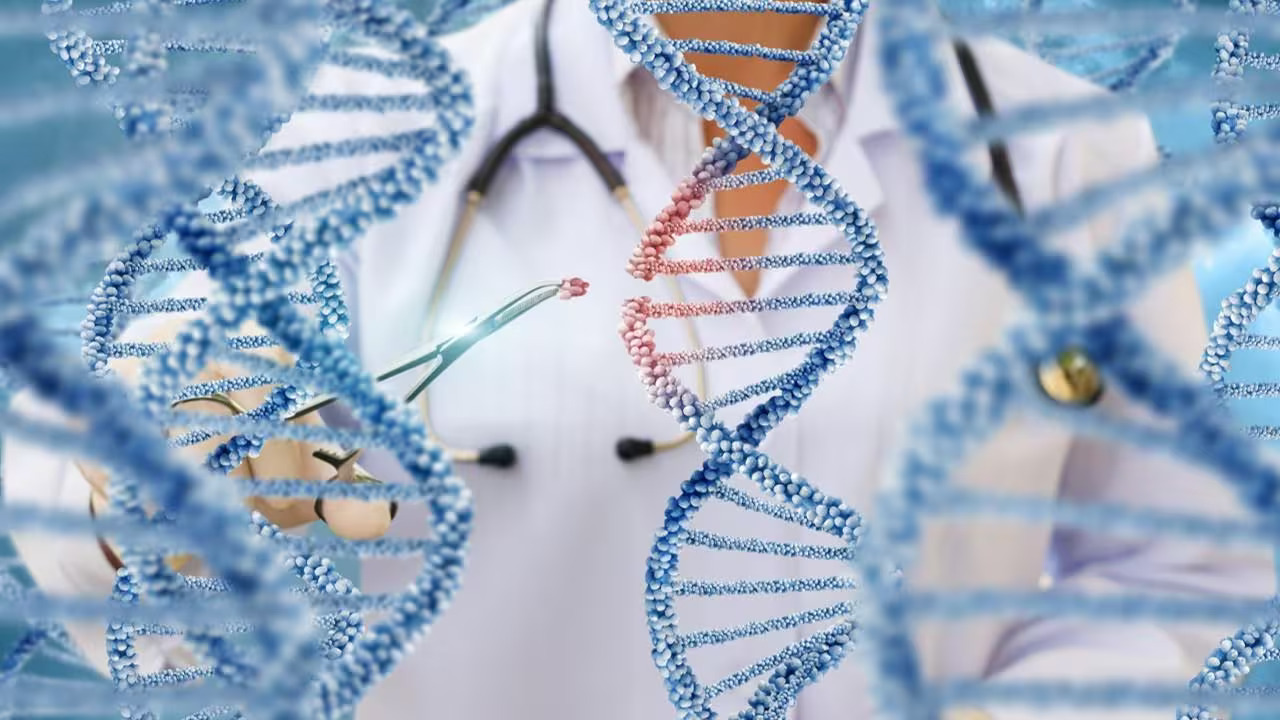Cancer is a leading cause of morbidity and mortality worldwide. It is a complex disease that arises due to the interplay of environmental and genetic factors. While lifestyle choices, such as smoking and excessive alcohol consumption, can increase the risk of developing cancer, a person’s genetic makeup also plays a crucial role. Genetic mutations can lead to the development of cancer by altering the function of key regulatory genes, thereby allowing cells to divide and grow uncontrollably.
Predictive genetic testing is a powerful tool that can help identify individuals at increased risk of developing cancer due to genetic mutations. This testing can aid in the early detection of cancer, enabling the implementation of preventive measures and targeted therapies that can improve survival rates. In this blog post, we will explore the importance of predictive genetic testing in cancer, discussing its benefits, limitations, and ethical considerations.
Benefits of Predictive Genetic Testing
Predictive genetic testing can provide valuable information about an individual’s risk of developing cancer. This testing can help identify individuals who have inherited a predisposition to cancer-causing mutations. For example, mutations in the BRCA1 and BRCA2 genes have been linked to an increased risk of developing breast and ovarian cancer. Women who carry these mutations have a significantly higher risk of developing breast cancer, with estimates ranging from 40% to 85% over their lifetime. By identifying these individuals, targeted screening and surveillance can be implemented, leading to early detection of cancer when it is most treatable.
In addition, predictive genetic testing can guide cancer treatment decisions. For example, some genetic mutations are associated with specific responses to chemotherapy or targeted therapies. The presence or absence of these mutations can be used to determine the most effective treatment plan for an individual. In some cases, genetic testing can also help identify individuals who may benefit from clinical trials of new cancer therapies.
Limitations of Predictive Genetic Testing
While predictive genetic testing offers many benefits, it also has limitations. For example, genetic testing can only identify mutations that have been previously characterized and for which there are available tests. Additionally, genetic testing may not provide a definitive answer about an individual’s risk of developing cancer. Some genetic mutations are associated with a moderate increase in cancer risk, and other factors, such as environmental exposures, can also contribute to cancer risk. Finally, the results of genetic testing can have significant psychological implications for individuals and their families. Genetic counseling is often recommended before and after testing to help individuals understand the implications of their results and make informed decisions about their health.
Ethical Considerations
Predictive genetic testing raises several ethical considerations. For example, there are concerns about the potential misuse of genetic information. Genetic discrimination, in which individuals are denied employment or insurance coverage based on their genetic status, is a significant concern. To address these concerns, the Genetic Information Nondiscrimination Act (GINA) was enacted in the United States in 2008. This law prohibits discrimination based on genetic information in employment and health insurance.
There are also concerns about the potential for stigmatization and psychological harm associated with genetic testing. Individuals who test positive for cancer-causing mutations may experience anxiety, depression, and feelings of guilt or shame. It is important to provide individuals with support and resources to cope with these emotions.
Conclusion
Predictive genetic testing is a valuable tool in the fight against cancer. It can help identify individuals at increased risk of developing cancer and guide cancer treatment decisions. However, genetic testing also has limitations, and the results of testing can have significant psychological and ethical implications. It is important to provide individuals with appropriate counseling and support to help them make informed decisions about their health. As our understanding of the genetics of cancer continues to evolve, predictive genetic testing will play an increasingly important role in cancer prevention, diagnosis, and treatment.



